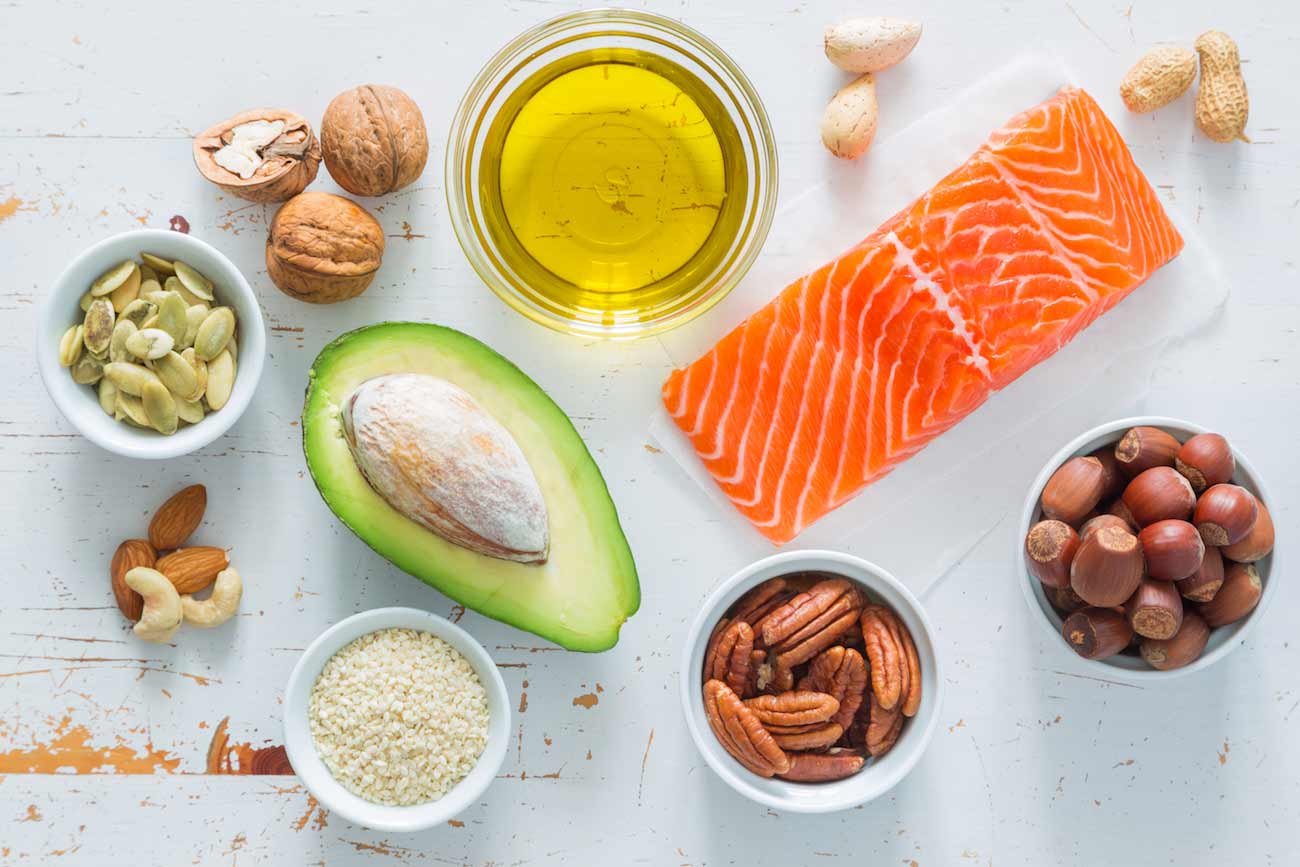
Food and Mood: Beat Depression
Good news. A new research project out of Australia has helped to substantiate what we at The London Psychiatry Centre have been saying for a long time – good eating habits could help your mental health.
Ground-breaking Research
The SMILES Trial was a randomised, controlled project using 67 people. The study was led by Professor Felice Jacka from Deakin University in Australia, and findings were published in the BMC Medicine journal.
All participants in the research suffered from moderate to severe depression, and reported having a somewhat unhealthy diet. The majority were attending psychotherapy regularly or were on antidepressants.
Before the study got going, all the participants had their depressive symptoms graded using the Montgomery-Asberg Depression Rating Scale (MADRS). This test grades mood from 0-60 – with 60 representing the severest depression.
Half of the participants were given a modified Mediterranean diet (what’s known as the ‘ModiMed’ diet) and required to consult with a nutritionist for regular support. The other half carried on with their unhealthy food consumption, but were provided with social support ‘befriending’ meetings. 12 weeks on, their depression was assessed once more and given MADRS scores again.
The scores of those participating in the Mediterranean diet group improved by an average of approximately 11 points. 32% (10 out of 31 people who completed) now recorded MADRs scores so low that they could no longer be classified as ‘depressed’ – effectively they were in remission. Indeed their scores were significantly better than those who attended befriending sessions but kept their unhealthy eating habits.
Food For Thought
We spoke to our very own nutritionist Tautvile Sliazaite, based at The London Psychiatry Centre, about the study. She told us: “It’s wonderful that a more nutritious diet has proved effective in this study – but not at all surprising to specialist nutritionists who work with depression sufferers. Indeed, the brain chemicals that are crucial in shaping your thoughts and moods – what we call neurotransmitters – are actually manufactured by the nutrients in the food you’re eating.”
No ‘One Size Fits All’ Approach
Sliazaite is quick to caution though, that there should be no ‘one size fits all’ approach to mental health nutrition. “Different people have different deficiencies and tolerances as part of their heredity – before you even get started on lifestyle and preferences.
“If a plan is too restrictive, a client won’t stick to it. In fact they may experience a sharper swing back to bad habits if they feel too deprived. When I sit down with a client, I take the time to get to know their eating habits and preferences. I also want to establish how much time they can realistically give to preparing food. People need to have a plan that is sustainable. That’s why all our nutrition plans at The London Psychiatry Centre are bespoke.”
Having said that, Sliazaite does give us some ‘rules of the road’ for food and mood:
- Focus on wellbeing – not calories and weight-watching.
- Eat plenty of vegetables.
- Fruit is good, but remember it has lots of natural sugar in it which can help to create mood spikes, so eat it in moderation.
- Stick to whole foods (avoid processed foods).
- Avoid added sugar as much as you possibly can.
- Try to stay away from caffeine.
- Stick to complex carbohydrates (e.g. more brown rice, less white bread).
- Eat protein with your carbohydrates – this will slow your body’s insulin response, making your energy levels less likely to ‘spike and crash’.
- Seek out plenty of brain-feeding amino acids – you can find these in eggs, brown rice, seeds, raw unsalted nuts, avocados, dairy, organic or free range meat and fish.
- Keep any alcohol consumption low.
Sliazaite adds: “As a nutritionist who works alongside psychiatrists and psychologists with a lot of depression sufferers, I can also say it’s important to take a balanced approach to these findings. Yes, good nutrition is crucial, but depression sufferers often need other interventions as well – such as psychotherapy or rTMS. Essentially, beating depression comes down to proper assessment and a targeted plan of treatment.”
The London Psychiatry Centre offers an integrated, full service approach to mental health – with psychologists, psychiatrists, and therapists from different disciplines on hand to meet the needs of each individual patient as required. To book a consultation call 020 7580 4224.


